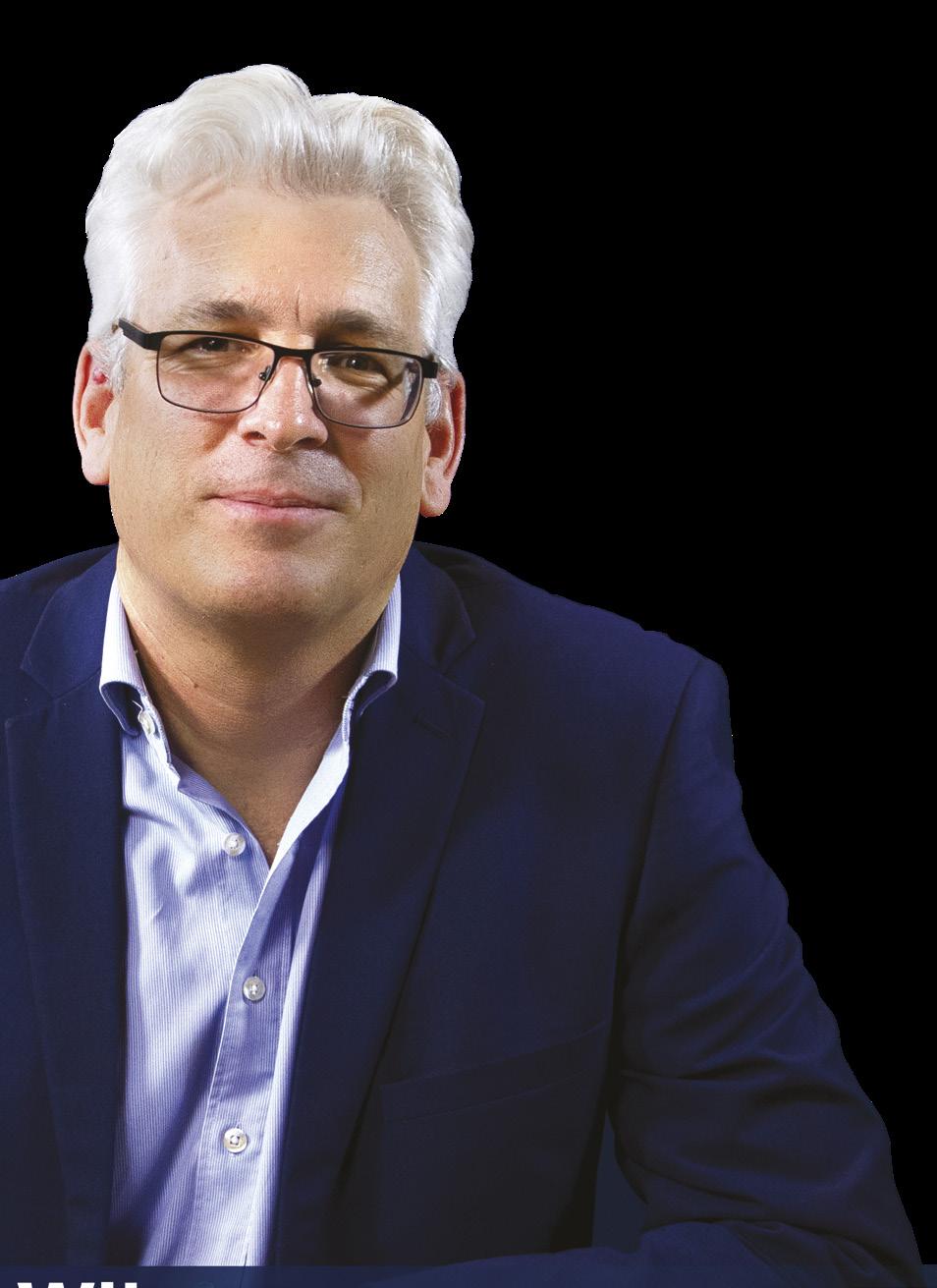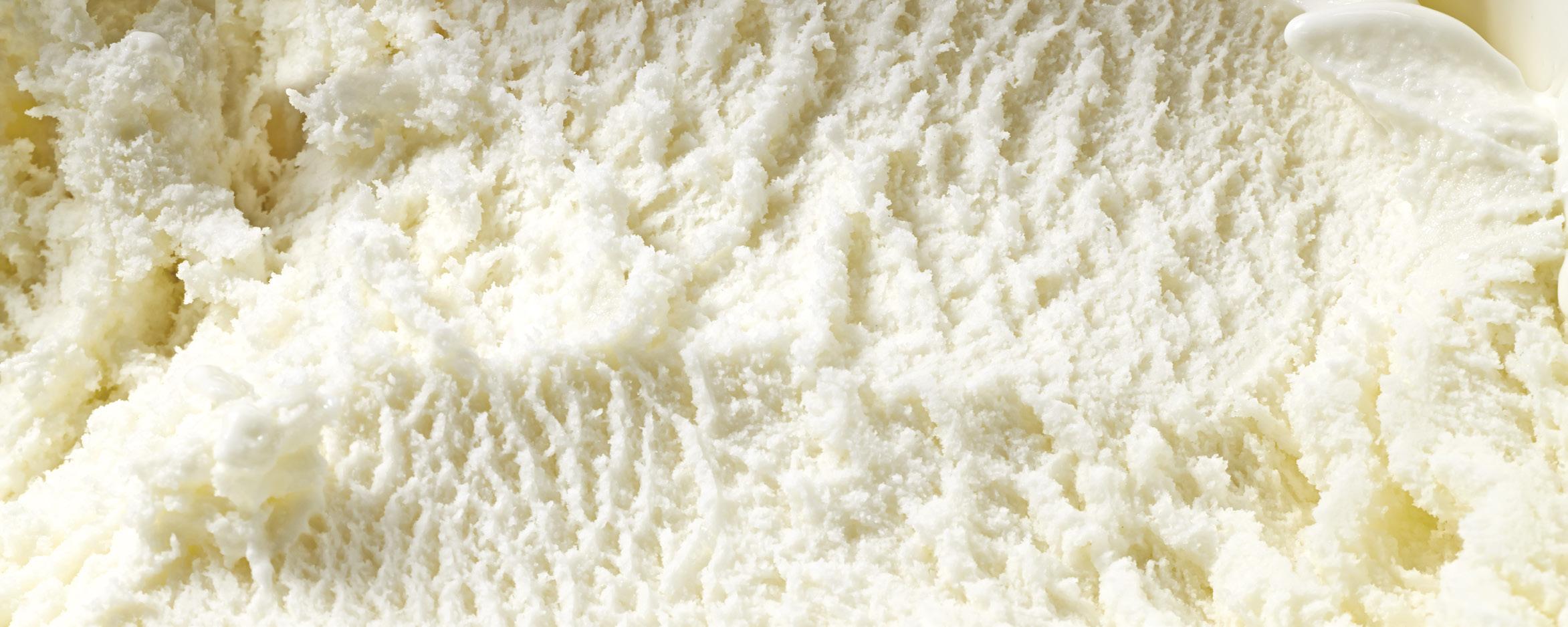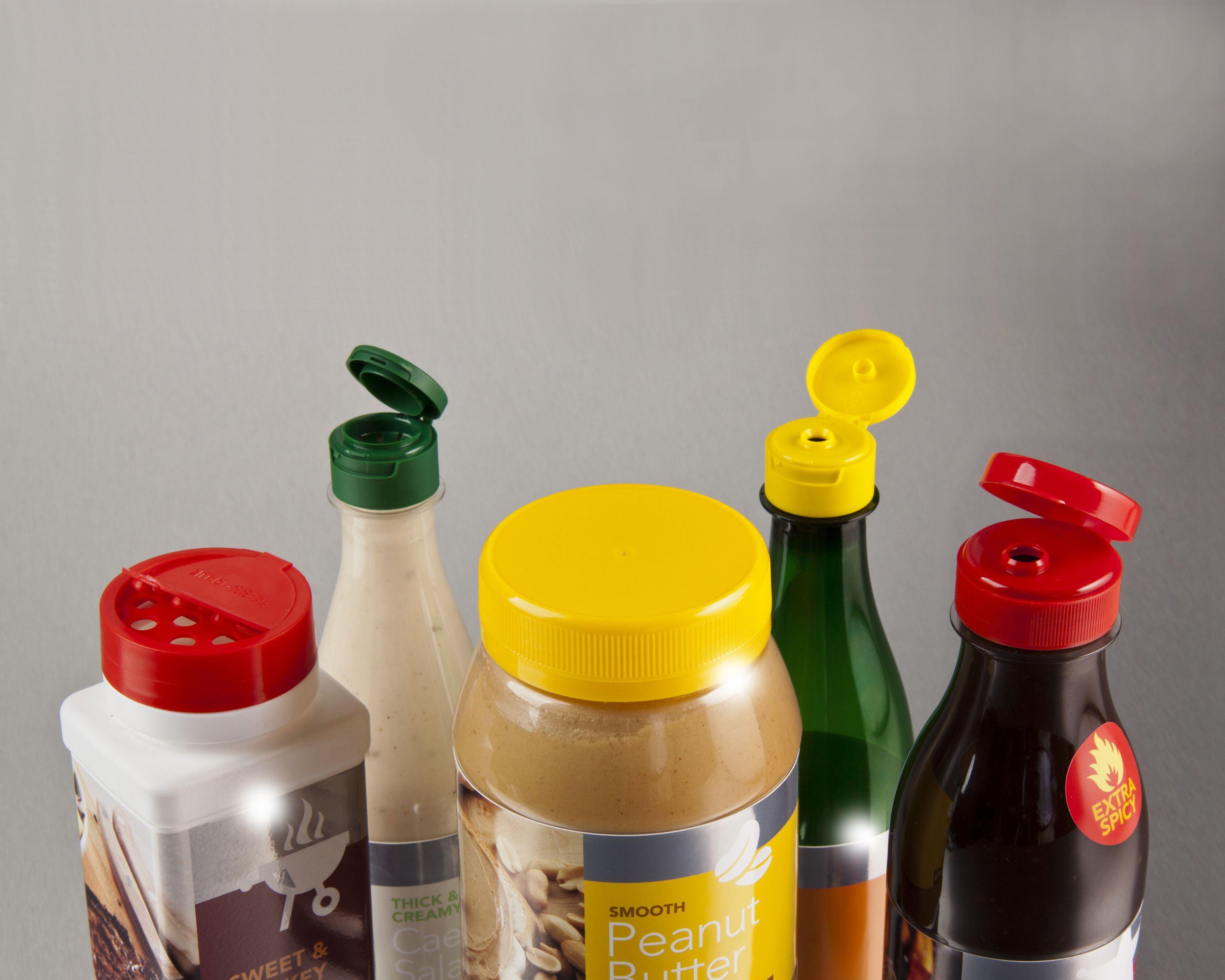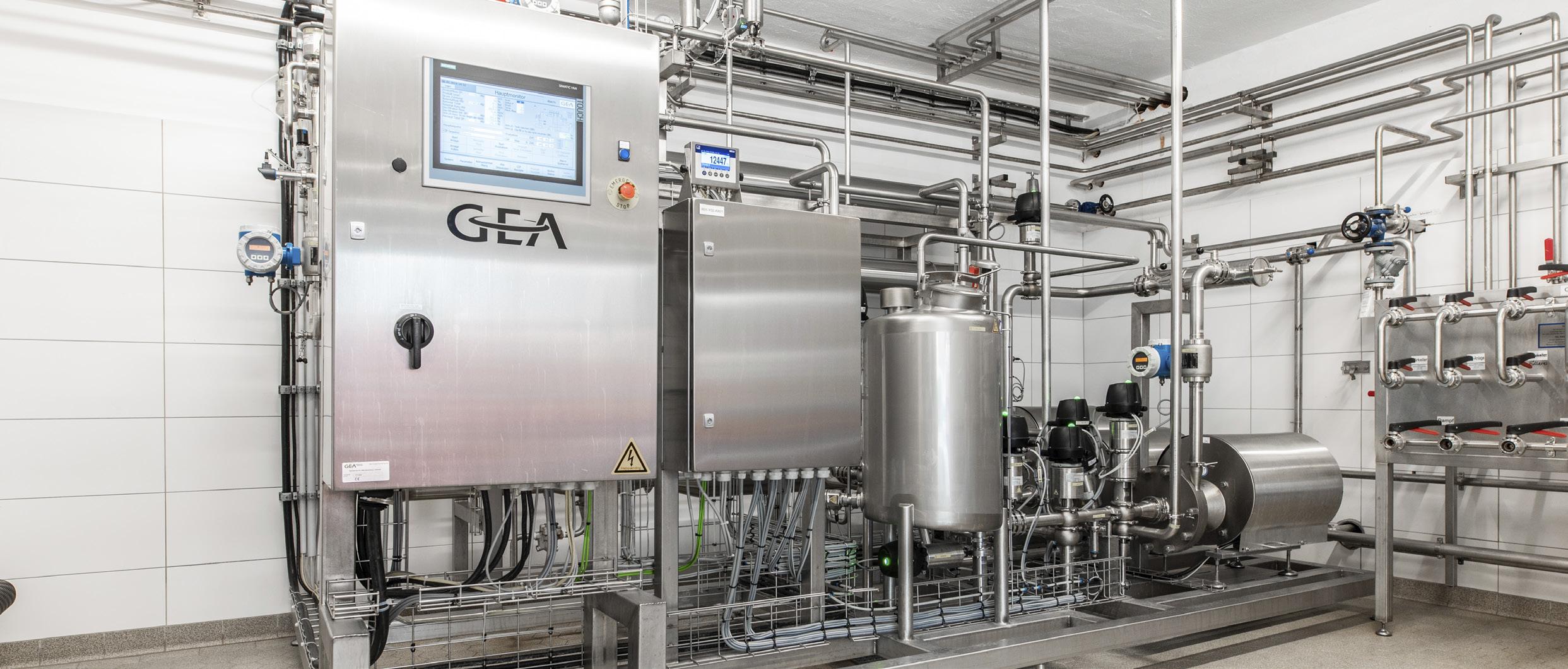
8 minute read
NEWS
SYNTEGON TECHNOLOGY APPOINTS CHIEF EXECUTIVE
PROCESSING AND PACKAGING technology supplier Syntegon Technology has appointed Michael Grosse as chief executive officer. The announcement comes after the company name change from Bosch Packaging Technology and follows the acquisition by CVC Capital Partners from Bosch in 2019. Until recently, Michael Grosse was a member of the management board of Tetra Pak. Syntegon said he has relevant leadership and management experience in the international mechanical engineering industry, particularly in the areas of process and packaging technology for the food industry. Grosse, who will take up his post on 1 March 2020, will succeed Stefan Koenig,
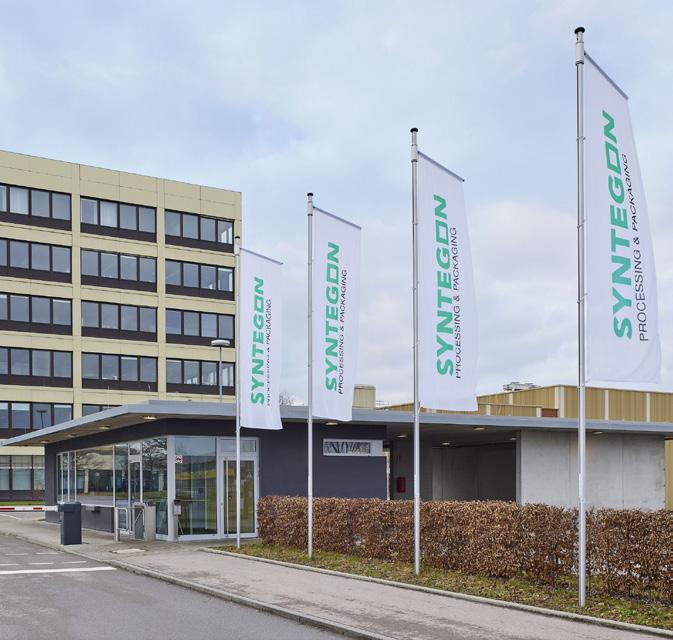
who spent 24 years working for the Bosch Group, ten of which at Bosch Packaging or Syntegon Technology. He has led the company as CEO since 2017. •
SUSTAINABILITY A KEY SELLING POINT FOR NEW INGREDIENTS
RESEARCH CONDUCTED BY the University of Nottingham has found that consumers are more likely to accept new, unfamiliar ingredients once they are aware of their sustainable features. Researchers from the University’s School of Biosciences conducted tasting sessions with 100 participants. Consumers tried biscotti and crackers made with Bambara Groundnut against standard commercial products. Bambara is a grain legume grown mainly in subSaharan Africa. The legume puts limited demands on soil, is capable of growing in nutrient-poor soils and is touted as a climate change-resistant crop. The ingredient is high in carbohydrates, protein and is gluten-free. It could also offer an alternative to rice and wheat flour.
For each sample in the trial, participants were asked to rate their overall liking and emotional response based on the sensory properties of the product. The first tasting was done ‘blind’ with a red light masking the appearance of the products. Participants were then invited back for a second session where they were informed about global resource challenges and the sustainable features of Bambara and told which products contained this ingredient. The study determined that the main driver for accepting this new ingredient was how people felt when given information about its sustainability credentials. ‘Under the blind condition, no significant differences in overall liking were observed between standard and Bambara products, suggesting UK consumers accept the sensory
properties of products containing Bambara flour,’ explains Dr Qian Yang, assistant professor in sensory and consumer sciences at the University of Nottingham. ‘This indicates that as long as the products taste good, consumers will engage with the new sustainable crops. 'Interestingly, after being given the information about climate and sustainability issues we saw a shift towards more positive emotions towards the Bambara product and people felt guiltier when eating standard products,’ Yang concludes. •
actions to stop underage drinking 5
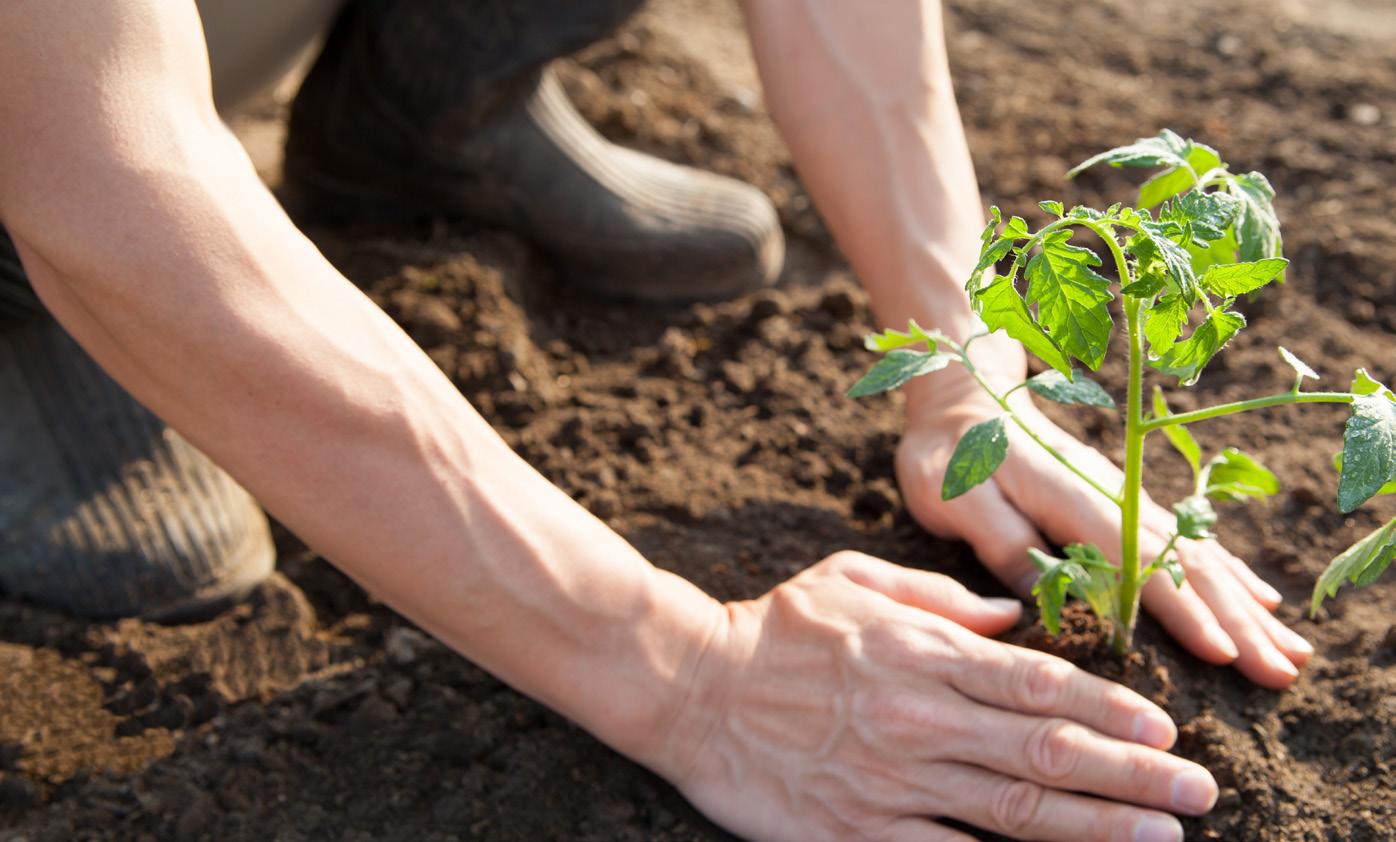
SYMBOLS OR WRITTEN age restrictions will be added to labels on alcohol drinks produced by members of the International Alliance for Responsible Drinking (IARD). The initiative, which also applies to alcohol-free extensions of alcohol brands, is one of five actions announced by IARD as part of a new drive to accelerate efforts to reduce underage drinking globally Recognising the growing importance of digital communications, IARD members, which includes AB InBev, Diageo and Heineken, will take further action to prevent minors from seeing or interacting with their brands online. ‘These five actions mark another step towards our goal of eliminating underage drinking. We proactively support strict enforcement of legal purchase and drinking age regulation,’ says Albert Baladi, CEO of Beam Suntory and IARD CEO chair. ‘We call on other producers, retailers and responsible adults to join us. We must ensure everyone reinforces the message that underage drinking is socially unacceptable,’ Baladi exclaims. IARD members include AB InBev, Asahi Group, Bacardi, Beam Suntory, Brown-Forman, Carlsberg, Diageo, Heineken, Kirin Holdings, Molson Coors, Pernod Ricard and William Grant and Sons. •
DUPONT NUTRITION & BIOSCIENCES has introduced its PowerBake 6 000 and 7 000 enzyme series. The enzymes offer an emulsification solution that preserves the taste and quality of white bread and buns while meeting customer demand for clean labels. According to DuPont, the enzymes show an improvement on volume (five to 15 per cent) and initial softness (by 10 to 25 per cent) with zero compromises on crumb structure or shock tolerance when compared with traditional emulsification solutions.
This enzyme solution is based on DuPont’s new lipase, specifically developed for its unique role in emulsification and, in particular, its benefits for crumb structure and dough strengthening. The PowerBake 7 000 series is the new DuPont oxidative module developed to ensure the best possible performance in white bread and buns. ‘Consumers are looking for bakery products with friendlier labels, driven by concerns about sustainable eating and heightened concerns of potential negative health effects,’ notes Maria Brandt, the regional industry leader for Europe, food enzymes for DuPont Nutrition & Biosciences. 'With our new PowerBake series, we can provide improver houses and bakeries with the ability to meet these needs while maintaining quality in sliced bread and buns.’ •

UK RETAILER WINS THE BATTLE AGAINST PLASTIC
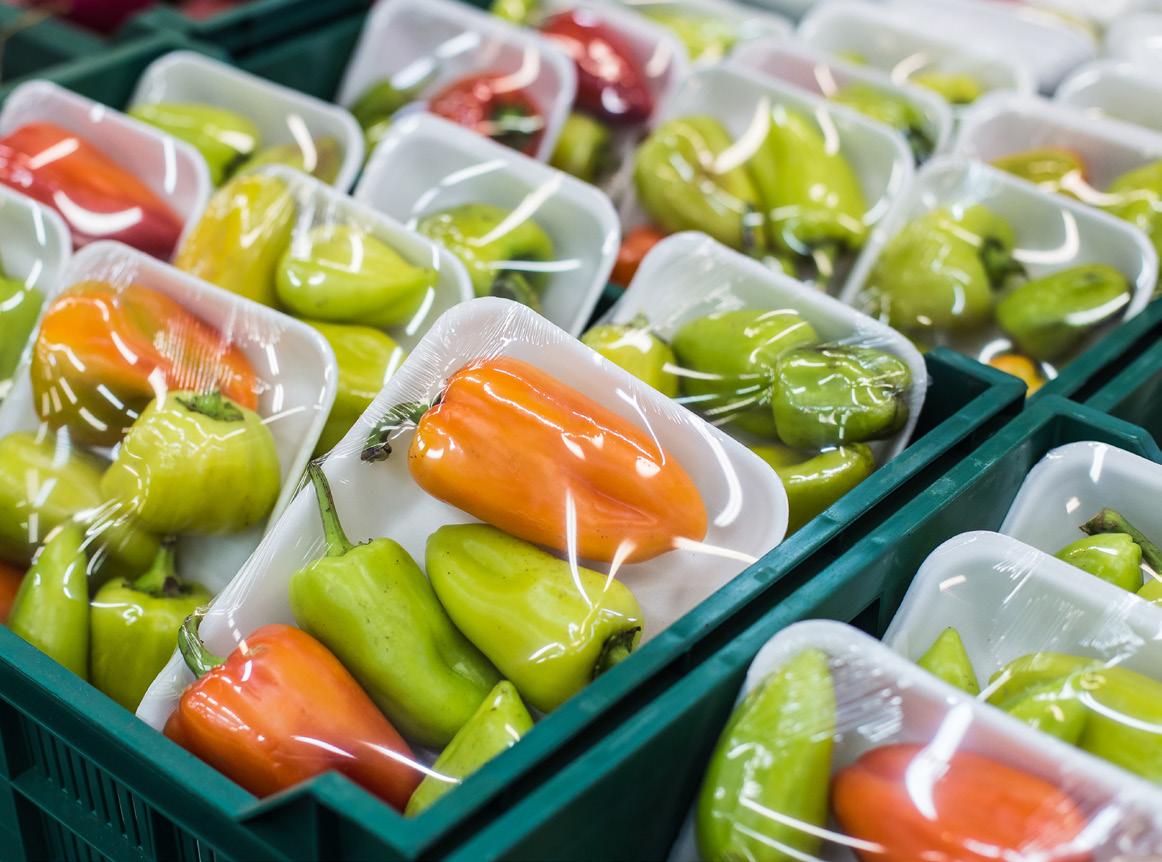
ICELAND IS TRIALLING plastic-free and low-plastic packaging solutions across several of its fruit and vegetable lines. The amount of plastic packaging used on its fresh produce lines has been reduced by 93 per cent. The trial was launched in 33 UK stores on 22 January 2020 and covers 38 fruit and vegetable lines. Products involved in the trial will utilise packaging solutions that are either plastic-free or have significantly reduced plastic content.
Phase one of the trial saw 27 products including oranges, peppers and tomatoes launched in redeveloped packaging. A further 11 product lines will be added in phase two, which will launch on 4 March this year. The new trial supports Iceland’s goal to remove plastic packaging from its entire range of ownlabel products by 2023. An estimated seven tonnes of plastic will be removed because of the trial, while up to 440 tonnes could be removed if it proves successful and is rolled out nationwide. ‘We understand that consumers are aware of the amount of plastic being used to package produce across the industry. We’ve been working hard to develop user-friendly, sustainable alternatives,’ said Richard Walker, managing director at Iceland. •
Scientists reveal an innovative way of recycling plant-based plastics
A GROUP OF SCIENTISTS from the Universities of Bath and Birmingham have developed a new chemical method of recycling plant-based plastics.
Current recycling methods result in lower quality plastic that must be used for lower grade products such as water pipes and traffic cones instead of beverage bottles.
The new method, published in ChemSusChem, converts plastics back into their constituent chemical molecules potentially allowing them to be recycled repeatedly into new plastics without losing quality. ‘Most plastic is currently recycled using mechanical methods, where they are chipped into granules and melted down before being moulded into something new. Melting plastic changes its properties, and reduces the quality, which limits the range of products in which it can be used,’ said professor Matthew Jones from the University of Bath and one of the authors. ‘Our method of chemical recycling overcomes this problem by breaking down plastic polymers into their chemical building blocks, so they can be used again to make virgin plastic without losing any properties,’ he points out.
The team’s method uses lower temperatures and more environmentally friendly catalysts than previous methods. It has been trialled on plant-based PLA, which is made from starch or crop waste instead of petrochemicals and is used in biodegradable food
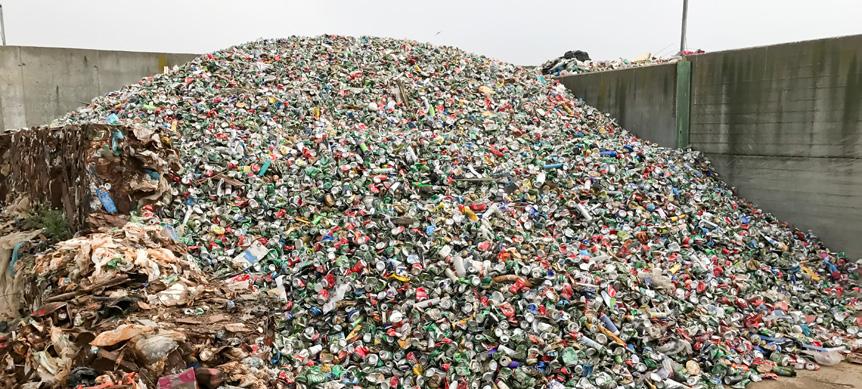
packaging. ‘PLA is used as a sustainable alternative for single-use plastics. Whilst it’s biodegradable under industrial conditions, it doesn’t biodegrade with home composting, Dr Paul McKeown from the University of Bath notes. ‘There is no single solution to the problem of plastic waste. The approach must be a combination of reducing, reusing and recycling. Our method of chemical recycling could allow carbon to be recycled indefinitely – creating a circular economy rather than digging more up from the ground in the form of fossil fuels or releasing it into the atmosphere as a greenhouse gas,’ McKeown concludes. •
Barentz and Matco Foods enter joint venture
INGREDIENTS DISTRIBUTOR BARENTZ has formed a joint venture with agribusiness Matco Foods, as it targets growth in Pakistan. Located in Pakistan, Matco Foods exports to over 60 countries around the globe from its four


rice processing plants and one rice glucose plant. According to Dutch-based Barentz, the new joint venture will better serve the rapidly growing Pakistani food processing market and will focus initially on human nutrition and pharmaceutical products.
The collaboration will utilise Matco Foods’ extended network within the local Pakistani food industry combined with Barentz’ broad ingredients portfolio. ‘We had a good partnership with Matco Foods and we both see complementary business opportunities in the local Pakistani market.
‘Pakistan has a fast-growing economy with a good variety of multinational and local food manufacturers. Our broad ingredients portfolio in combination with Matco Foods’ strong local network will certainly add value to the local life science markets, starting with human nutrition and pharmaceuticals,’ says Hidde van der Wal, CEO of Barentz. Khalid Ghori, CEO of Matco Foods adds. ‘We have invested in processing facilities to produce ingredients such as rice glucose syrup, rice proteins and maltodextrin. Through these activities, we have an excellent insight into and an extended network with the food industry. We are proud to have set up this joint venture with Barentz and to further explore their strong global ingredient portfolio.’
Established in 1953, Barentz has operations in more than 60 countries with a strong presence in Europe and Asia. •
AN EVENT LONG OVERDUE IN SOUTH AFRICA....... AT LAST !!
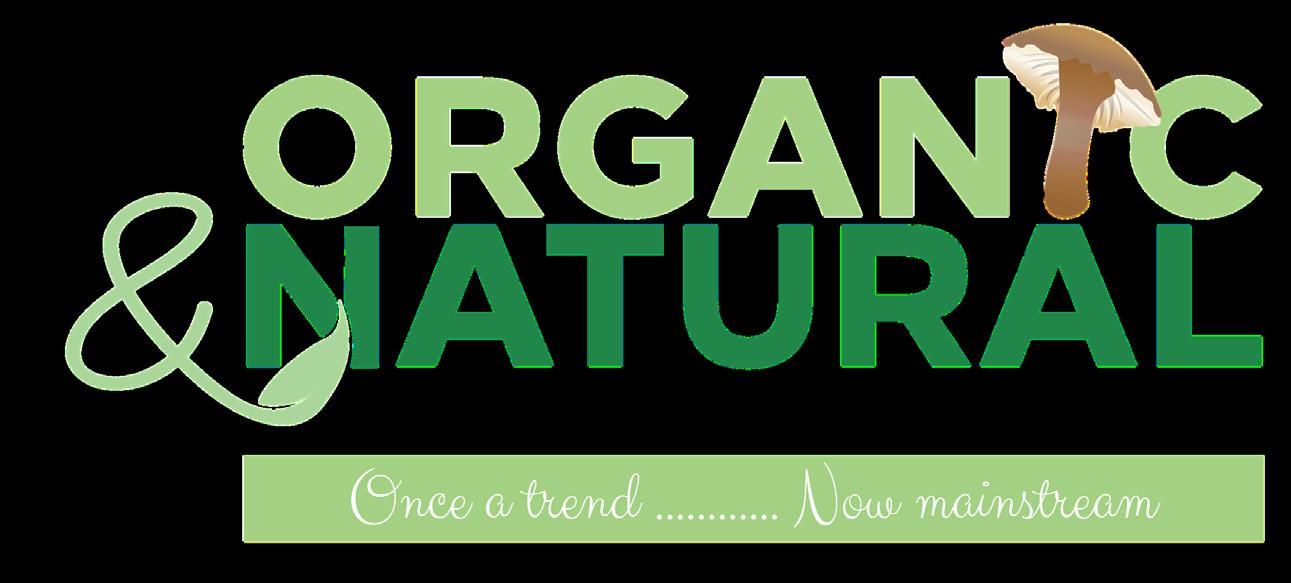
SUPPORTED BY
MEDIA PARTNERS
Food & Beverages Ingredients & Raw Materials Vegan - Halaal - Kosher Supplements Cosmetics & Beauty products Personal care & Hygiene products Home care Organic gardening & farming .....and more EXHIBITION PROFILE
THE DECK. WANDERERS STADIUM, CORLETT DRIVE ILLOVO, JOHANNESBURG MAY 8th, 9th, 10th 2020


